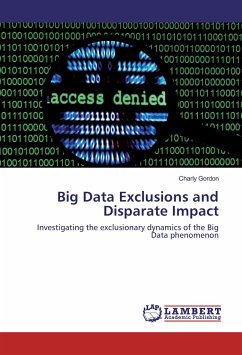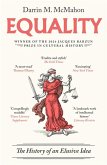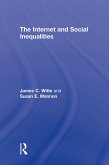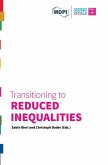There have been seemingly endless hopes and claims made about the potential benefits of Big Data for society. The phenomenon has spurred the publication of countless media reports and fostered significant academic research in a variety of fields. However, despite this abundance of literature, the Big Data phenomenon suffers from considerable research gaps. Specifically, there has recently been a growing interest in the social consequences of Big Data with particular attention given to the phenomenon's potential to aggravate structural inequalities. This study offers an inquiry into the phenomenon's impact in terms of social exclusion and its potential for harmful discrimination. By conducting semi-structured elite interviews, this paper seeks to assess the apparent contradiction between Big Data's dynamics of exclusion and the dominant conceptual projection of Big Data, which often portrays the phenomenon as inclusive and beneficial for society at large. To this effect, it seeks to investigate how those who hold a privileged position in the field of Big Data appraise the phenomenon's exclusionary dynamics as well as critically assess their recommendations.
Bitte wählen Sie Ihr Anliegen aus.
Rechnungen
Retourenschein anfordern
Bestellstatus
Storno








